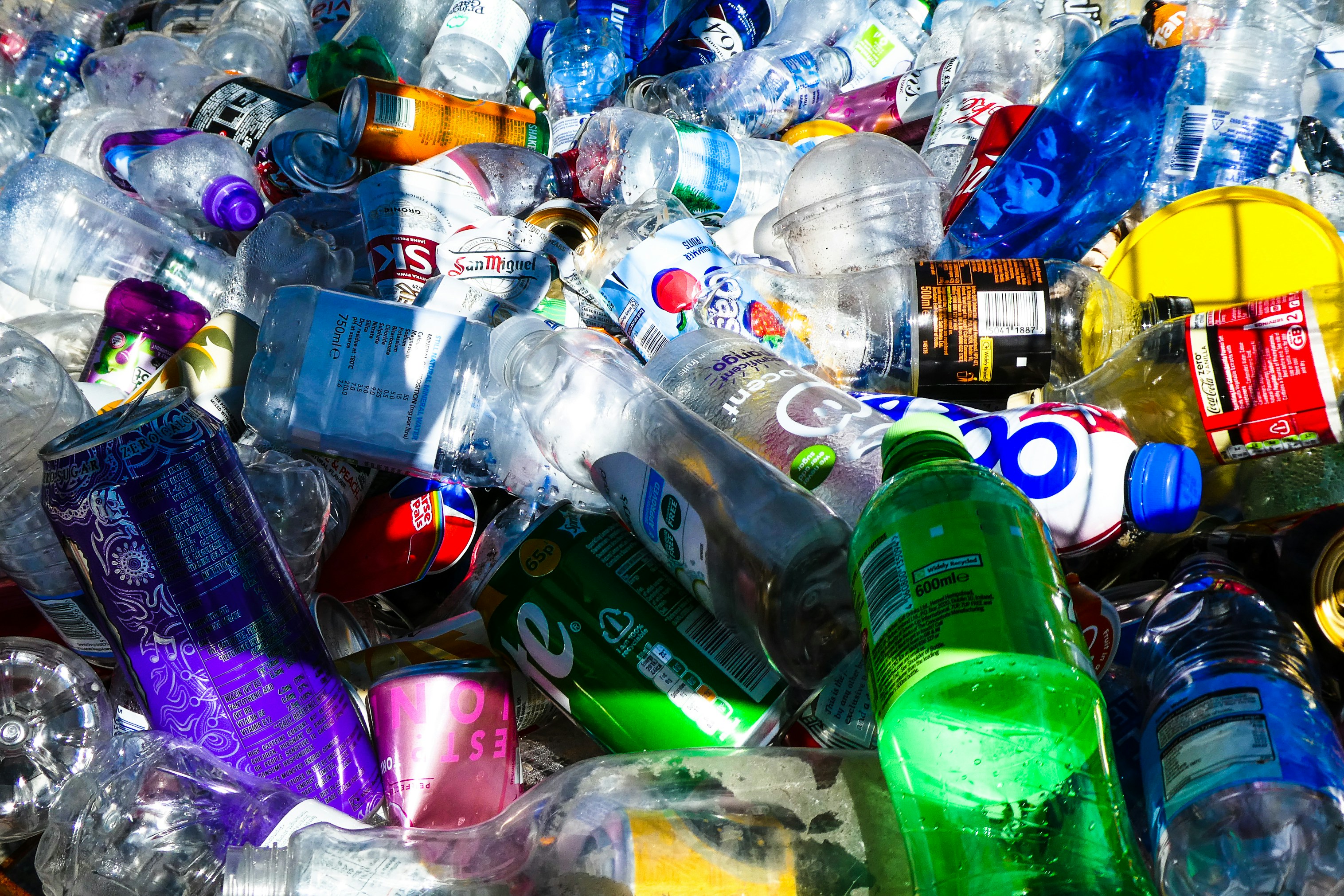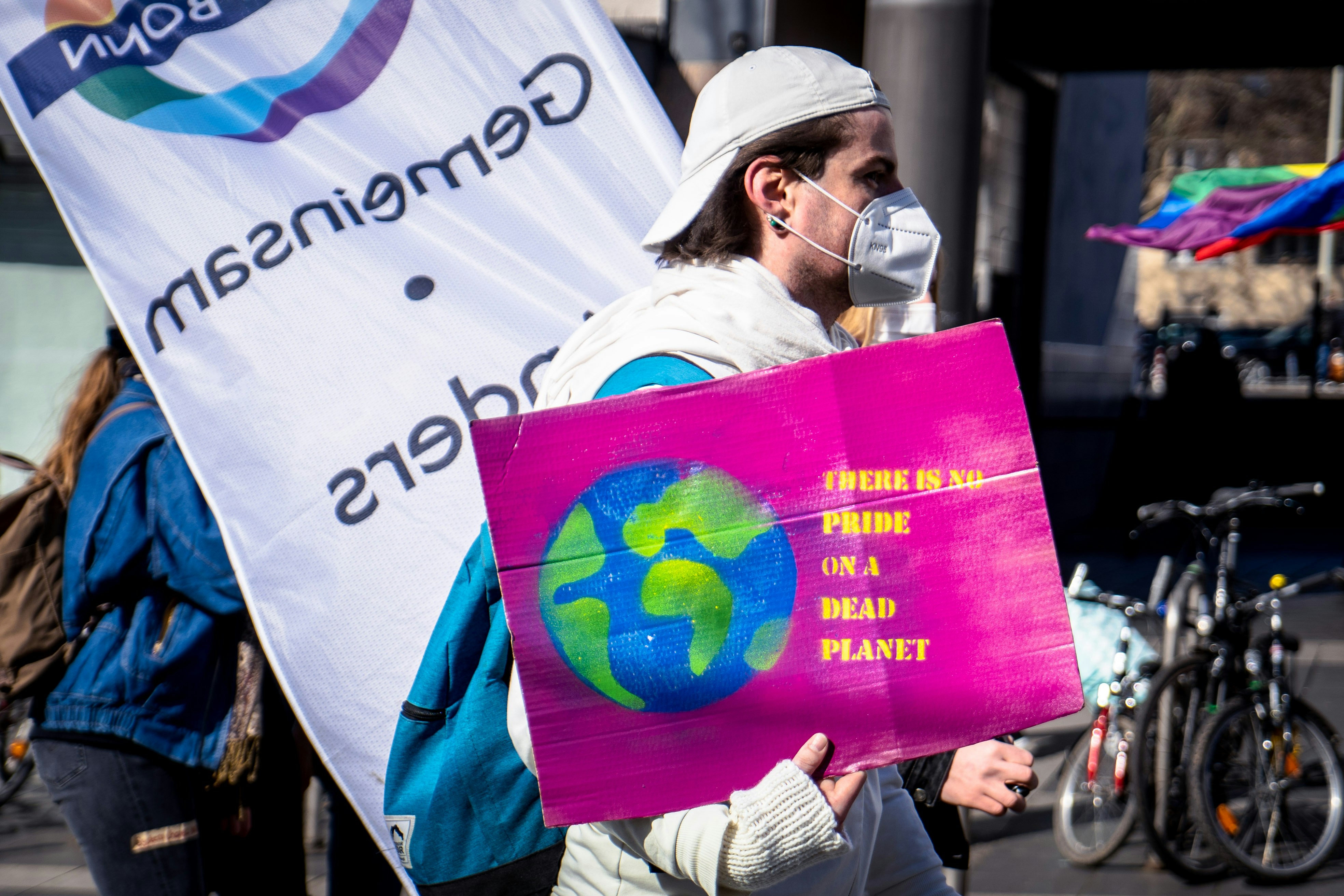
A Guide to Reducing Plastic Waste in Our Daily Lives
Feb 2, 2024
Plastic pollution has become one of the most pressing environmental challenges of our time, with devastating impacts on marine life, ecosystems, and human health. As individuals, we have the power to make a significant difference by reducing our plastic consumption and waste generation. In this article, we'll explore practical tips and actionable steps to minimize plastic use in our daily lives and contribute to a cleaner, healthier planet.
1. Embrace Reusable Alternatives:
One of the most effective ways to reduce plastic waste is by opting for reusable alternatives to single-use items. Invest in a durable water bottle, travel mug, and shopping bags made from sustainable materials like stainless steel, glass, or canvas. By carrying reusable containers for food and beverages, you can significantly decrease your reliance on disposable plastics while saving money in the long run.
2. Say No to Single-Use Plastics:
Challenge yourself to refuse single-use plastics whenever possible. Avoid plastic straws, utensils, and stirrers by opting for biodegradable or reusable alternatives. Choose products with minimal packaging or packaging made from recycled materials. When dining out, politely decline plastic cutlery and bring your own if needed. Small changes in consumption habits can add up to significant reductions in plastic waste over time.
3. Opt for Plastic-Free Packaging:
Support brands and products that prioritize plastic-free packaging options. Look for items packaged in paper, cardboard, or compostable materials instead of plastic wrappers or containers. Choose bulk bins for purchasing grains, nuts, and other pantry staples to minimize packaging waste. Consider shopping at zero-waste stores or farmers' markets that offer package-free alternatives and encourage a more sustainable shopping experience.
4. Reduce, Reuse, Recycle:
Adopt the mantra of "reduce, reuse, recycle" as a guiding principle in your daily life. Reduce your consumption of single-use plastics by opting for durable, long-lasting products. Reuse plastic containers and bags whenever possible for storage, organization, or repurposing. Recycle responsibly by following local recycling guidelines and properly sorting recyclable materials to maximize resource recovery and minimize contamination.
5. Spread Awareness and Advocate for Change:
Use your voice and influence to raise awareness about the environmental impacts of plastic pollution and the importance of reducing plastic waste. Share information and resources with friends, family, and colleagues to inspire collective action. Support legislation and policies aimed at reducing plastic production, promoting recycling infrastructure, and incentivizing sustainable alternatives. By advocating for systemic change, we can create a more supportive environment for reducing plastic waste at the societal level.
Conclusion
Reducing plastic waste requires a concerted effort at both the individual and collective levels. By making conscious choices in our daily lives, supporting plastic-free alternatives, and advocating for policy changes, we can all play a part in turning the tide against plastic pollution. Together, let's embrace a more sustainable lifestyle and work towards a future where our oceans, land, and communities are free from the burden of plastic waste.
Related articles

